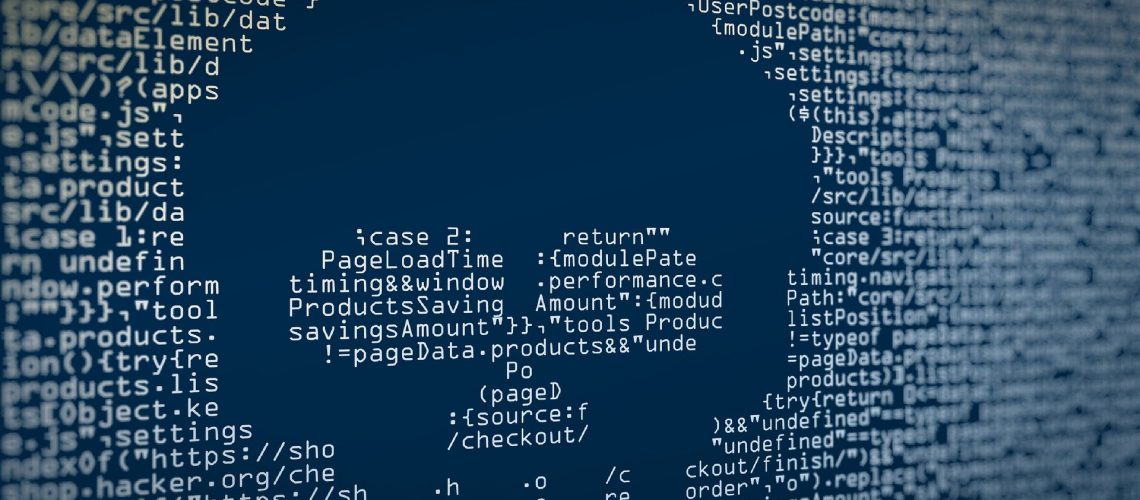Understanding the Intricacies of Vishing
In an era characterized by digital advancements and innovative communication methods, there’s a darker side of technology known as “vishing.” But what exactly is vishing?
Vishing, a portmanteau of “voice” and “phishing,” is a form of phone scam that relies on social engineering to deceive victims into divulging sensitive information or financial data. This fraudulent technique leverages voice communication to manipulate individuals. Typically, vishing begins with a phone call from a person who poses as a representative of a credible entity, such as a bank, government agency, or credit card company. The caller, often skilled in manipulation, insists that there’s a problem with your account that urgently needs attention and requires you to provide personal information like your Social Security number or credit card details to resolve the issue.
Once the scammer successfully obtains your personal information, they can employ it for various malicious purposes, including identity theft, fraudulent transactions, or unauthorized access to your financial accounts.
Unraveling the Mechanics of Vishing
Vishing attacks generally follow a structured process:
- Caller Identification: The scammer establishes themselves as a legitimate representative of a recognized organization. They might use a fake name or title, or employ caller ID spoofing to make it appear as if the call originates from a reputable source.
- Creating Urgency: To instill panic or urgency, the caller will assert that your account is compromised, you’re facing imminent arrest, or that you’ll lose certain benefits unless immediate action is taken.
- Seeking Personal Information: The heart of a vishing attack involves extracting sensitive details from you. This may encompass your Social Security number, credit card number, bank account information, or other confidential data.
- Abrupt Termination: Once the caller acquires the necessary information, they promptly hang up, disappearing into the shadows with your sensitive data.
Small Businesses and the Vishing Threat
Vishing poses a significant risk to small businesses. Unlike larger corporations, small businesses may lack the financial resources and advanced security measures necessary to ward off such attacks. This vulnerability makes them prime targets for vishing assaults.
The consequences of a vishing breach on small businesses can be catastrophic. If a fraudster gains access to the financial information of a small enterprise, they could engage in fraudulent transactions, embezzle funds, or potentially lead the business to bankruptcy.
Safeguarding Small Businesses Against Vishing
Small businesses can take proactive measures to protect themselves from vishing attacks. Here are several essential strategies:
- Employee Training: Train your employees to recognize the signs of a vishing attack. Ensure they know how to respond when confronted with a suspicious call and understand the importance of verifying the caller’s identity.
- Caller ID Verification: Implement caller ID verification processes through your phone system that can help distinguish fraudulent calls from legitimate ones.
- Never Share Personal Information: Make it a policy never to share personal information over the phone. If an unexpected caller requests such data, hang up immediately and call the organization directly using a known, legitimate phone number.
- Strengthened Passwords and Security Questions: Ensure strong and unique passwords and security questions for all online accounts, making it more challenging for scammers to breach your systems.
- Keep Software Up to Date: Regularly update your operating system, web browser, and software to safeguard your computer from malware and other security threats.
By adhering to these precautions, small businesses can fortify their defenses against vishing attacks and keep their operations secure.
A Secure Future Starts Today
In conclusion, the threat of vishing looms in the background of the digital landscape, ready to exploit unsuspecting individuals and businesses. Understanding this perilous technique is the first step in defending against it. Small businesses, often more vulnerable, need to adopt protective strategies to safeguard their sensitive information and financial assets. By training employees, implementing caller ID verification, adhering to strict no-information-sharing policies, strengthening passwords, and keeping software up to date, small businesses can stand firm against the vishing tide.
Don’t leave your business’s security to chance. Start implementing these safeguards today to ensure a safer, more secure tomorrow. Protect your business against the deceptive allure of vishing! Contact us today.


